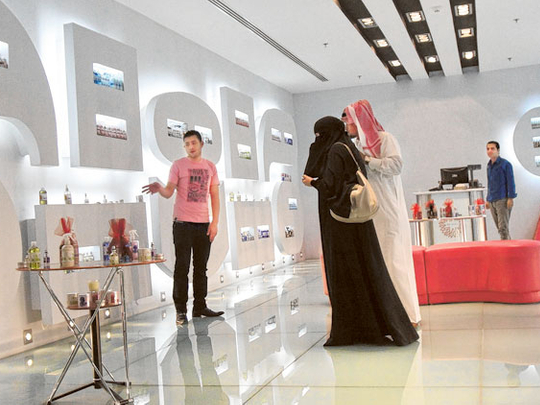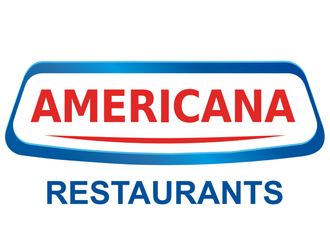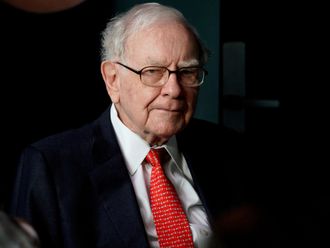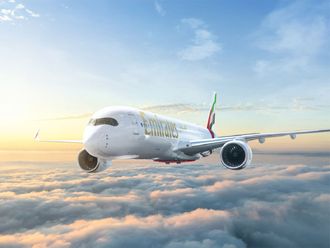
Dubai: The Landmark Group will manage a network of neighbourhood malls in Saudi Arabia’s Tier B and C cities — with a population size of between 350,000 to 600,000 people — under its “Oasis Centre” branding. The plan is to operate from four locations within 12 months, with the first having just opened in the city of Abha.
It is also the first time that the Oasis Centre branding has been taken outside of Dubai. More than 30 cities in the kingdom could be covered eventually. This is part of Landmark’s Dh800 million investment outlay for Saudi Arabia — which currently contributes 45 per cent of the group turnover from its interests in fashion, home furnishings and electronics — in the next 12 months.
“The properties will be owned and developed by our Saudi partners and we will seek 10-year leases plus option on another 10,” said Neelesh Bhatnagar, director of Oasis Centre. “Our initial costs will thus be limited as compared to developing the properties on our own.”
Each new Oasis Centre location would require investments of Dh30 million on Landmark’s part. These malls would also be used to house Landmark’s retail brands such as Max, Baby Shop and Emax.
“Unlike the UAE, Saudi Arabia does not have too many malls and these are mostly present in the big cities of Riyadh, Jeddah and Al Khobar,” said Bhatnagar. “The next wave of growth in Saudi retail will come from secondary locations and that’s where we want to be.”
Latest projections on Saudi retail space bear this out. According to CBRE, the consultancy, the kingdom will add new retail space at a faster clip than other GCC markets. An estimated 2-3 million square metres of gross leasable area (GLA) is to open in the next three to eight years.
In hindsight, leading UAE retail groups have been slow to react to prospects there “primarily due to their home market which has seen a huge expansion over the last 10 years or so,” said Mike Williams, senior director for research and consultancy at CBRE Middle East. “However, over the last two to three years, the UAE has become saturated and therefore the need to look outside for further growth has become more apparent.”
Meanwhile, there is a process of consolidation happening within Saudi Arabia’s retail sector as well. In one of the biggest such moves, Fawaz A. Alhokair and Co — which has the rights for Zara, M&S and Gap — spent more than SR700 million (Dh684.6 million) this July in acquiring the Nesk Group. In one stroke, an additional 120 stores were added to the former’s network of 1,200 locations. This had a bearing on its third-quarter results, and led Simon Marshall, the CEO, to state: “Our expansion strategy across brand acquisitions and new store introductions has allowed us to keep our offerings up to date.”












